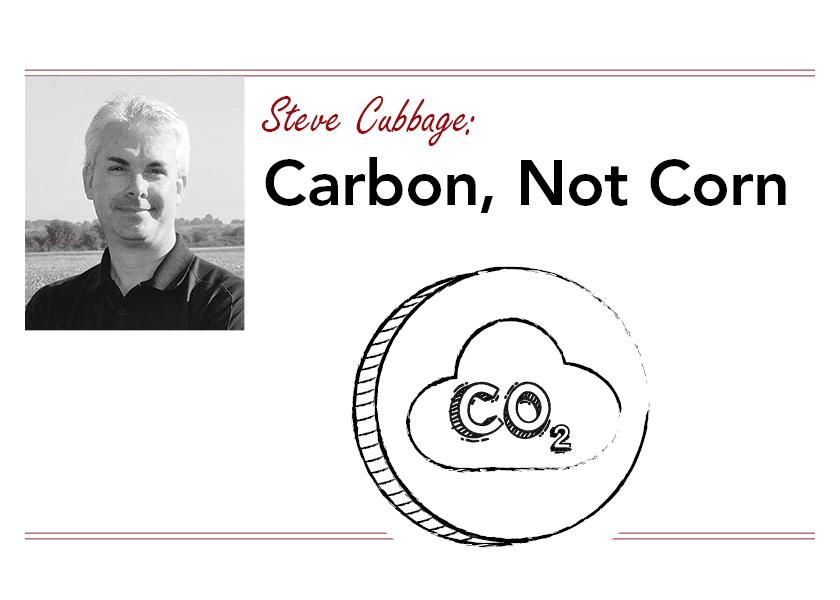New Crop May Be The Tipping Point To Make Data Worth Harvesting

Data ownership could very well be one of the hottest trending topics in agriculture for 2021. Why now?
We’ve talked and talked about this issue for years. Yet despite the hundreds of articles and thousands of tweets about the importance of data rights and data ownership at the farm level, overall interest has remained incredibly subdued.
So what in 2021 could change a lackluster attitude? Carbon and money.
Yes, you heard correctly. It may very well turn out to be that carbon, not corn, ultimately will be the crop that pays farmers for the digital data they are collecting from their fields. You see, in order to prove that your fields are truly capturing carbon from the atmosphere and harboring it in the soil, it is going to take very robust current and historical datasets. When multibillion-dollar companies are writing checks for carbon credits, they certainly will want proof and transparency for what they are paying. Data will be that proof.
It certainly looks like there will be competition in the marketplace for farmers to possibly sell carbon credits. That’s a good thing, but be careful. Those who commit to the practices and digitally document what is necessary to sell a field’s carbon credits need to make sure they retain control of those records.
Farmers need to think of the carbon sequestration potential of their land much like they would mineral rights. It is likely that these carbon sequestration contracts may run up to 10 years or more. It is not like selling a corn crop to one buyer this year and shopping for a better price somewhere else next year. This is a long-term contractual commitment that holds tremendous promise, but it is also legally and financially binding. Please, please read the fine print, and please understand that retaining control of the digital data associated with that field is what truly gives it value in this new marketplace.
Putting an actual monetary value on carbon sequestration and similar sustainability initiatives will be key to growing such programs to meaningful and viable levels. Unlike selling corn, selling a carbon crop requires data. And to think, all it could take to save the world just might be paying a farmer for the data showing he or she grew his or her corn crop in a sustainable manner. What a concept! Paying for good data—data with purpose.
$215 Billion
As of 2019, that’s the total value of the world’s carbon markets, according to analytics firm Refinitiv. This marked the third straight year of growth, and it saw a nearly fivefold increase in two years. Growth in 2020 will likely be affected by the economic slowdown caused by the pandemic. The throttling of manufacturing during the peak of the crisis caused global carbon emissions to plummet. However, interest and investment in carbon and sustainability markets continue to increase.
7.6%
That’s the reduction in global greenhouse emissions needed annually until the end of the decade to reach the goals of the original Paris Agreement on climate, according to a recent United Nations report. Regardless of whether you agree with the numbers or not, the one thing certainly not being debated is the influence that the U.N. has in promoting “carbon neutral” globally. The U.N. High-Level Climate Champions Race to Zero campaign has mobilized a coalition of leading “net zero” initiatives, representing 452 cities, 22 regions, 1,101 businesses, 45 of the biggest investors and 549 universities. Some of the biggest business names have vowed to be carbon negative by balancing historical emissions via offsets.
100 Million
That’s the number of metric tons of carbon that could be stored in U.S. cropland soils annually, according to a 2016 University of California, Berkeley report. Because of reports like this and others, there has been a flurry of players to build carbon sequestration programs for farmers.
Indigo Ag made a splash into the market with its Terraton Initiative in June 2019. Groups such as the Ecosystem Services Market Consortium have appeared on the scene. It launched a voluntary carbon and water quality marketplace for growers. Nori, a Seattle-based startup, recently raised another $4 million for its blockchain-backed marketplace. And that brings us to Bayer, which announced in July it’s developing its own carbon trading platform using its Climate data platform with millions of acres.







